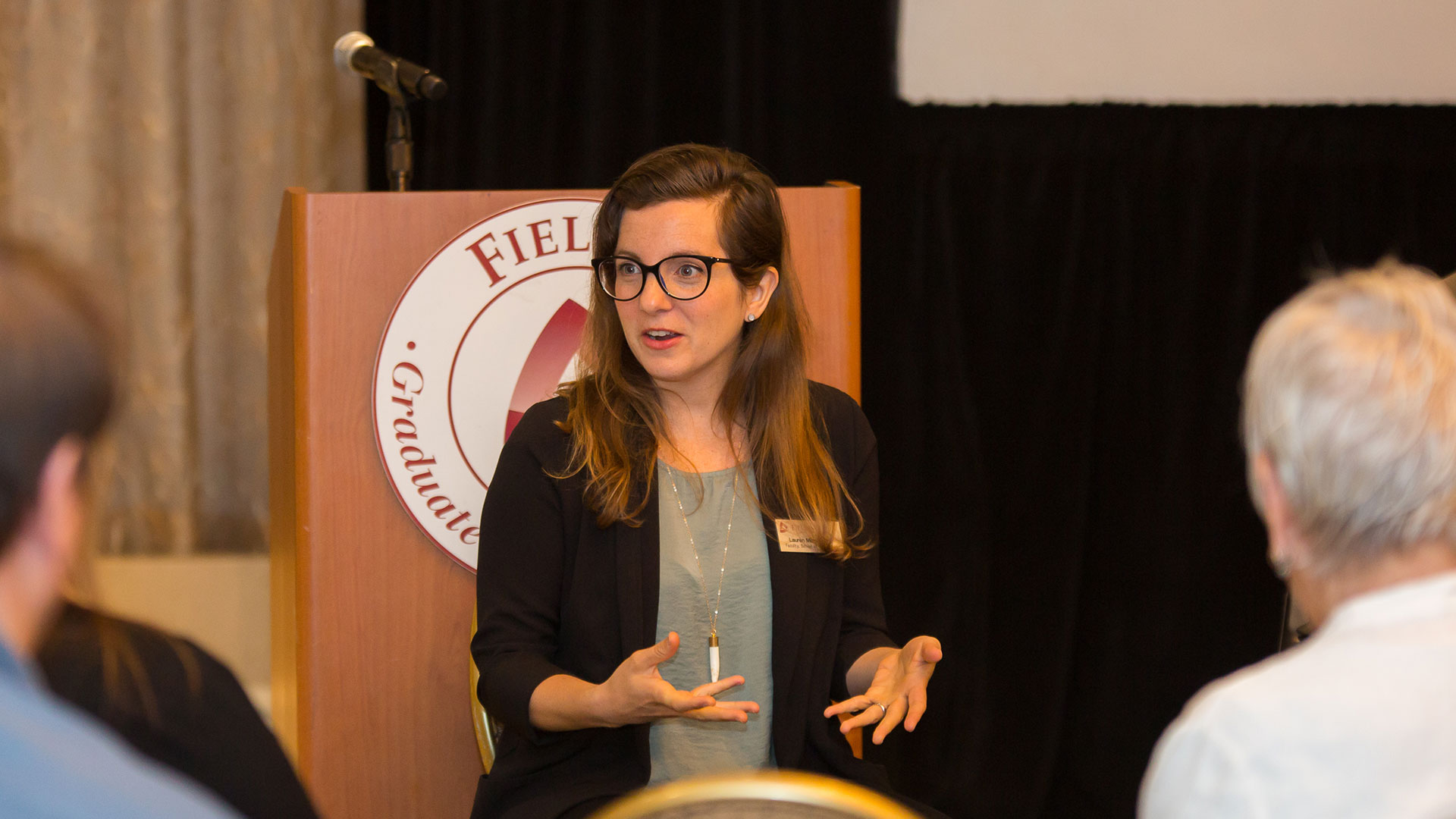BY PAM RUTLEDGE, PHD
Doctoral faculty, Media Psychology
APRIL 3, 2021
Reality shows thrive on drama created by those who manipulate and deceive.
SUMMARY
- Dark Triad personality traits including entitlement, deception, lack of empathy, and manipulation are common among reality TV characters.
- Dark Triad traits are also associated with con artists. On realiy shows, manipulation and self-interest attract viewers because conflict activates emotion and drama.
- Brands should be cautious about who they choose to represent them. Dark Triad traits may increase ratings, but they can damage a brand’s image.
Jen Shah of the Real Housewives of Salt Lake City, isn’t the first reality TV star to get busted for fraud. She likely won’t be the last. Reality TV is kind of a con in its own right. It may be unscripted, but it is not reality. Nevertheless, if you are profiling traits of the perfect reality TV star and the perfect scammer, you’d have a lot of overlap. The things that motivate someone to scam or con others and the eagerness to appear on a reality show — where you’re guaranteed to be shown at your worst — are largely the same. The same traits might motivate someone who had achieved celebrity on a reality show to risk that status by engaging in criminal activities. While these stars can generate a lot of attention due to their over-the-top personalities, that very volatility makes them riskier for brands as Influencers: You never know when they’ll go off the rails.
Actors, con artists, and scammers all tend to exude energy and have excellent powers of persuasion. Their goal is to sell themselves in a role. The only difference is that in the former case, it’s for your entertainment, whereas in the latter, it’s at your expense. The best scammers can project something desirable and likable about themselves to increase perceptions of trust and appear to offer an opportunity with lots of upside while glossing over the risks. Innate cognitive biases that make us loss-avoidant and reliant on authority play right into a scammer’s hands, so they take advantage of the trust their charm evokes, create a sense of urgency to activate FOMO (fear of missing out), and rely on people’s tendency to believe what they want to be true.
The psychological literature suggests that the most successful con artists have three similar and often overlapping personality characteristics known as the “dark triad” that increase their ability to persuade: psychopathy, narcissism, and Machiavellianism (e.g., Paulhus & Williams, 2002). Narcissism is associated with a sense of superiority, entitlement, and ego gratification. Machiavellianism manifests as manipulation and focusing on self-interest and personal gain. Psychopaths exhibit impulsivity and antisocial tendencies. These traits can come together to shape someone who will consistently act in their self-interest, lacking both empathy and remorse. While motivations and tactics vary, it’s common for someone who excels at violating social norms, lying, cheating, and bullying to contain the dark triad. Such characters can also be very charming and appealing (Rauthmann & Kolar, 2013). Con artists also tend to be smart enough to figure out how to construct elaborate schemes to keep their scams afloat.
Opportunities for fame and celebrity appeal to this personality profile. Realty TV plays into these traits because the drive for ratings encourages aggressive, unempathetic, duplicitous, and impulsive behavior to create drama and conflict. All three Dark Triad traits have been associated with the desire for fame and stardom but narcissism may be the most consistent predictor of wanting fame (e.g., Southard & Zeigler-Hill, 2016). The combination of these personality traits with the “perks” of celebrity do not bode well for remaining a law-abiding citizen. They can enhance the illusion of being above the rules or beyond the law and amplify feelings of entitlement. Such individuals may then justify bad behavior as their due, and feel that their ability to trick others just confirms their superiority. They may believe they won’t be caught and held accountable because of their fame.
Real Housewives of Salt Lake City cast member Jen Shah was recently charged with multiple counts of fraud and money-laundering. She was allegedly engaged in these activities as early as 2012; she appeared on the first season of RHSLC in 2020. For someone with dark triad traits, reality-TV celebrity would have been appealing as personal gratification and aggrandizement. It also would have considerable value as a business asset. Appearing in the media for whatever reasons confers a level of authority and the notoriety and admiration of fans would confirm self-beliefs about superiority and entitlement. On reality TV, manipulation and displays of self-interest add energy to a story arc. We should not be surprised when something like this happens, nor should we be shocked if a show’s ratings benefit from the notoriety. While some of us worry about such behaviors being visibly rewarded in the media, the last thing reality producers want to air is a group of nice people who all get along and care about others.
References
Paulhus, D. L., & Williams, K. M. (2002). The dark triad of personality: Narcissism, Machiavellianism, and psychopathy. Journal of research in personality, 36(6), 556-563.
Rauthmann, J. F., & Kolar, G. P. (2013). The perceived attractiveness and traits of the Dark Triad: Narcissists are perceived as hot, Machiavellians and psychopaths not. Personality and Individual Differences, 54(5), 582-586.
Southard, A. C., & Zeigler-Hill, V. (2016). The dark triad traits and fame interest: Do dark personalities desire stardom?. Current Psychology, 35(2), 255-267.
ABOUT THE AUTHOR:
Join Over 7,500 Fielding Alumni Located Around The World!
Change the world. Start with yours.™







Get Social